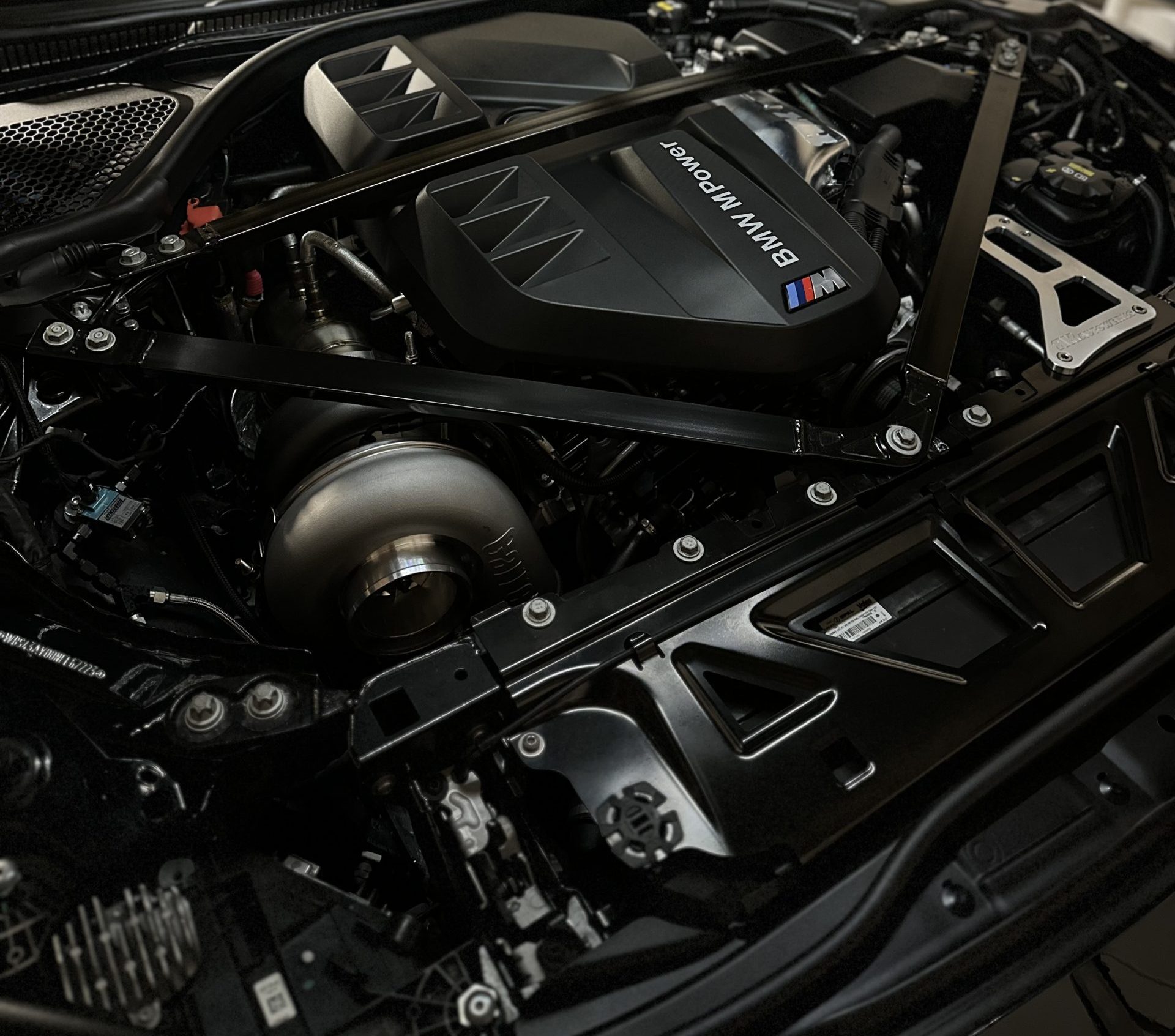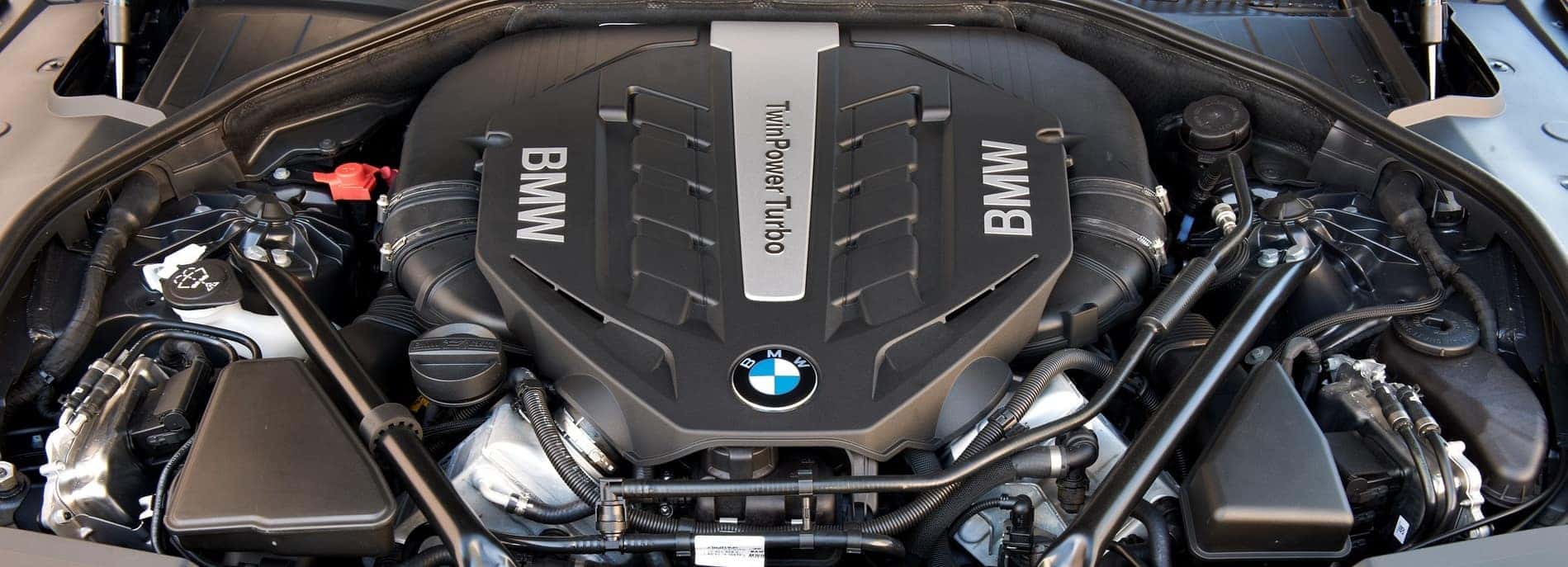Revealing the Tricks Behind the Power of the BMW Engine
Revealing the Tricks Behind the Power of the BMW Engine
Blog Article
Revealing the Intricacies of Next-Generation Power Units: a Deep Dive Into Advanced Engine Designs and Developments
As we stand on the precipice of a new age in transportation, the intricacies of next-generation engine layouts beckon us to discover the advanced modern technologies and developments that promise to redefine the driving experience. Digging much deeper into the worlds of emission control, intelligent engine monitoring systems, and the horizon of power device development, we discover ourselves on the cusp of a transformation that assures to reshape the landscape of flexibility as we understand it.
Advancement of Engine Materials

The shift towards progressed engine materials has actually also enabled designers to make engines with higher power results while keeping fuel effectiveness requirements. The use of lightweight materials reduces the general weight of the engine, leading to boosted gas economic situation and reduced exhausts. In addition, advancements in materials innovation have enabled for much better thermal management within engines, resulting in boosted dependability and durability.
Turbocharging and Supercharging Technologies
How do Turbocharging and Supercharging Technologies transform engine performance and efficiency in modern vehicles? Supercharging and turbocharging are modern technologies that significantly boost engine performance by increasing the quantity of air intake into the combustion chamber. Turbocharging attains this by using a turbine driven by exhaust gases to pressurize the consumption air, while supercharging uses a belt- or chain-driven compressor to achieve the exact same effect.
These modern technologies allow smaller sized, much more fuel-efficient engines to create power comparable to bigger ones, known as downsizing. By compeling more air right into the cyndrical tubes, turbocharging and turbo charging enhance burning effectiveness, causing raised horse power and torque output without a considerable rise in engine size. This causes much better acceleration, lugging capacity, and general driving efficiency.
Moreover, supercharging and turbocharging add to boosted gas effectiveness by permitting the use of smaller sized engines that consume much less fuel under normal driving conditions - bmw engine. This mix of enhanced efficiency and performance has actually made turbocharging and supercharging essential parts of many contemporary engine styles
Emission Control and Environmental Impact
With boosting international concerns regarding air quality and environmental sustainability, the application of discharge control modern technologies in vehicles plays an essential duty in reducing hazardous contaminants launched into the ambience. Modern cars are geared up with innovative emission control systems that help reduce the environmental effect of vehicle operations. Catalytic converters, for example, are developed to convert hazardous gases such as carbon monoxide, nitrogen oxides, and hydrocarbons into less unsafe substances like co2 and water vapor.
Furthermore, advancements in engine innovation, such as the combination of exhaust gas recirculation systems and careful catalytic reduction, have considerably added to lowering emissions. These modern technologies operate in tandem to optimize combustion efficiency and decrease the launch of dangerous contaminants into the air. In addition, the growth of hybrid and electric lorries stands for a vital action in the direction of lowering the general environmental impact of the transportation field.
Intelligent Engine Management Equipment

In addition, these systems allow vehicles to fulfill strict exhausts standards without jeopardizing performance, giving a much more eco-friendly driving experience. The assimilation of expert system and this link machine understanding abilities in engine monitoring systems continues to press the borders of what is possible, causing further enhancements in performance, reliability, and total car efficiency. bmw engine. As automotive modern technology advancements, smart engine monitoring systems will certainly play a crucial function fit the future of transportation towards an extra lasting and efficient direction
Future Trends in Power System Growth
As smart engine monitoring systems lead the means for improved control and optimization in contemporary automobiles, future patterns in power system advancement are poised to redefine the landscape of automobile propulsion innovations. These alternative power sources provide improved efficiency and efficiency while straightening with rigid ecological regulations.
One more considerable pattern is the combination of advanced products and making techniques. Light-weight materials such as carbon fiber and aluminum are being utilized to lower general automobile weight, improving fuel performance and efficiency. Additionally, developments in 3D printing and additive manufacturing are making it possible for the production of complex engine parts with greater precision and longevity.
In addition, expert system and machine discovering are playing a vital function in enhancing power unit efficiency. These innovations permit for real-time tracking and flexible control, resulting in extra effective and reputable power delivery. Generally, future fads in power device advancement are tailored towards sustainability, performance, and performance, driving the automobile industry in the direction of a new age of propulsion modern technologies.

Verdict
Finally, the developments in engine products, turbocharging, emission control, and smart management systems have actually led the way for next-generation power systems. These innovations have not only better site link performance and effectiveness however also minimized environmental effect. As modern technology remains to progress, future fads in power unit growth are likely to focus on more boosting sustainability and optimizing power outcome. The detailed layouts and innovations in contemporary engines display the ongoing evolution of vehicle modern technology.
Discovering the dynamic advancements in engine materials has been essential in improving the efficiency and performance of modern-day engines. Over the years, the advancement of engine products has actually played an important duty in pressing the boundaries of what engines can achieve.The change in the direction of progressed engine products has actually additionally made it possible for designers to make engines with greater power outcomes while maintaining fuel efficiency standards.The execution of smart engine monitoring systems in contemporary lorries has actually revolutionized the means engines are regulated and maximized for efficiency and effectiveness. By collecting data in real-time and analyzing it with sophisticated algorithms, smart engine management systems can adjust to driving styles, environmental factors, and engine wellness to take full advantage of power output while minimizing gas consumption and emissions.
Report this page